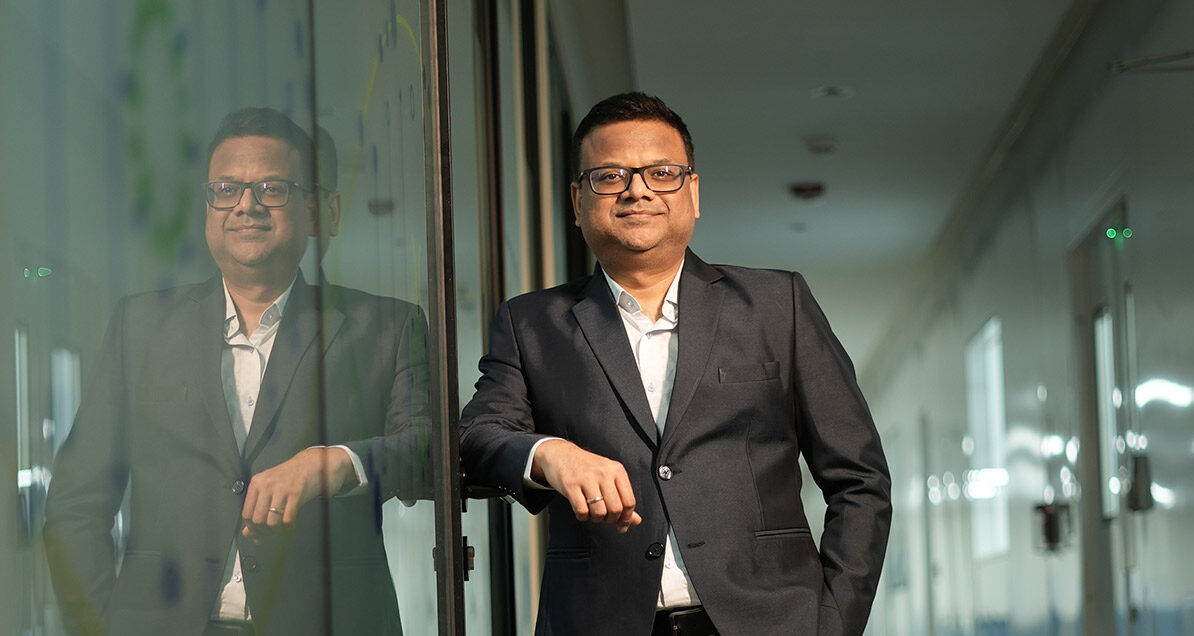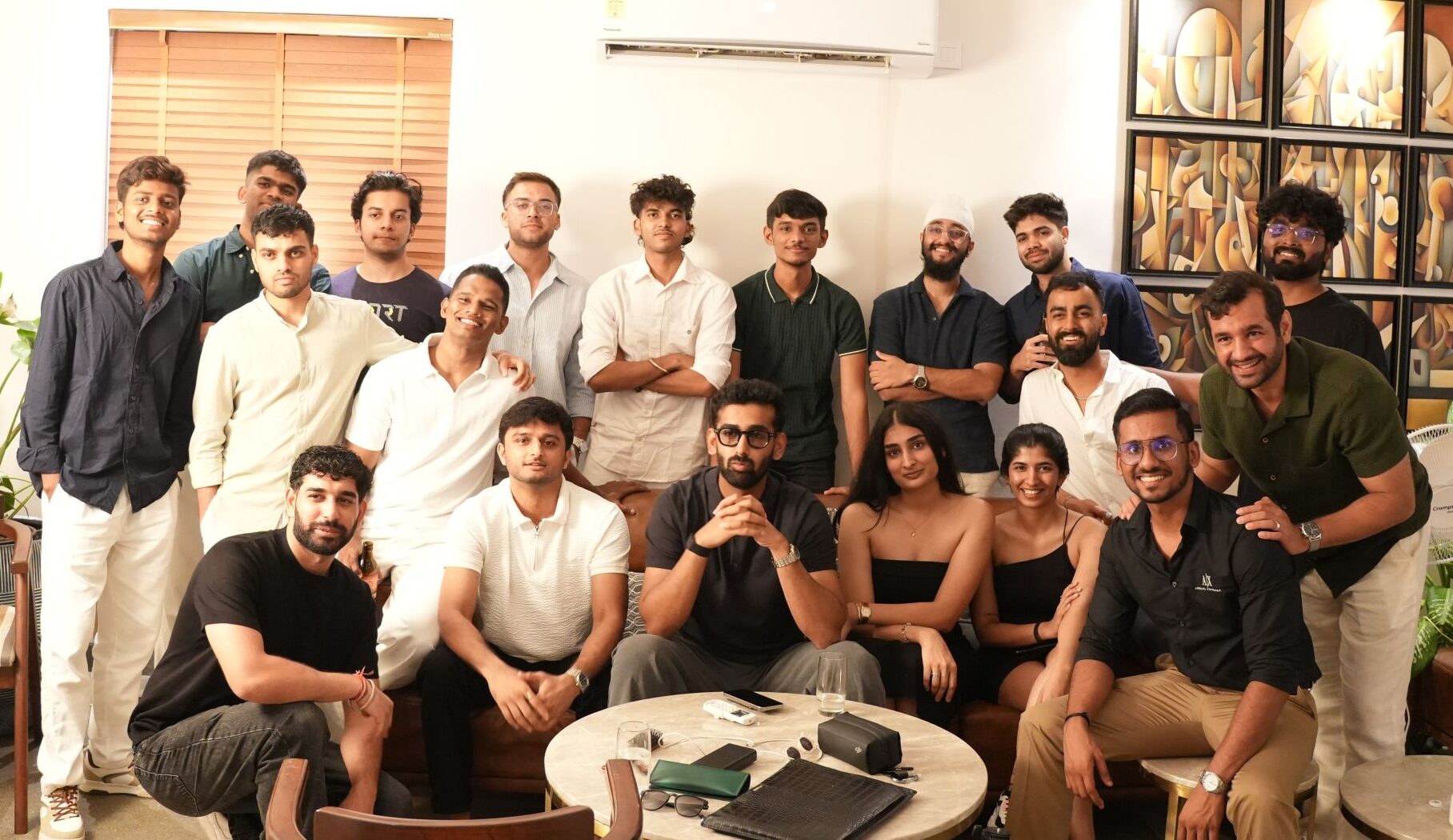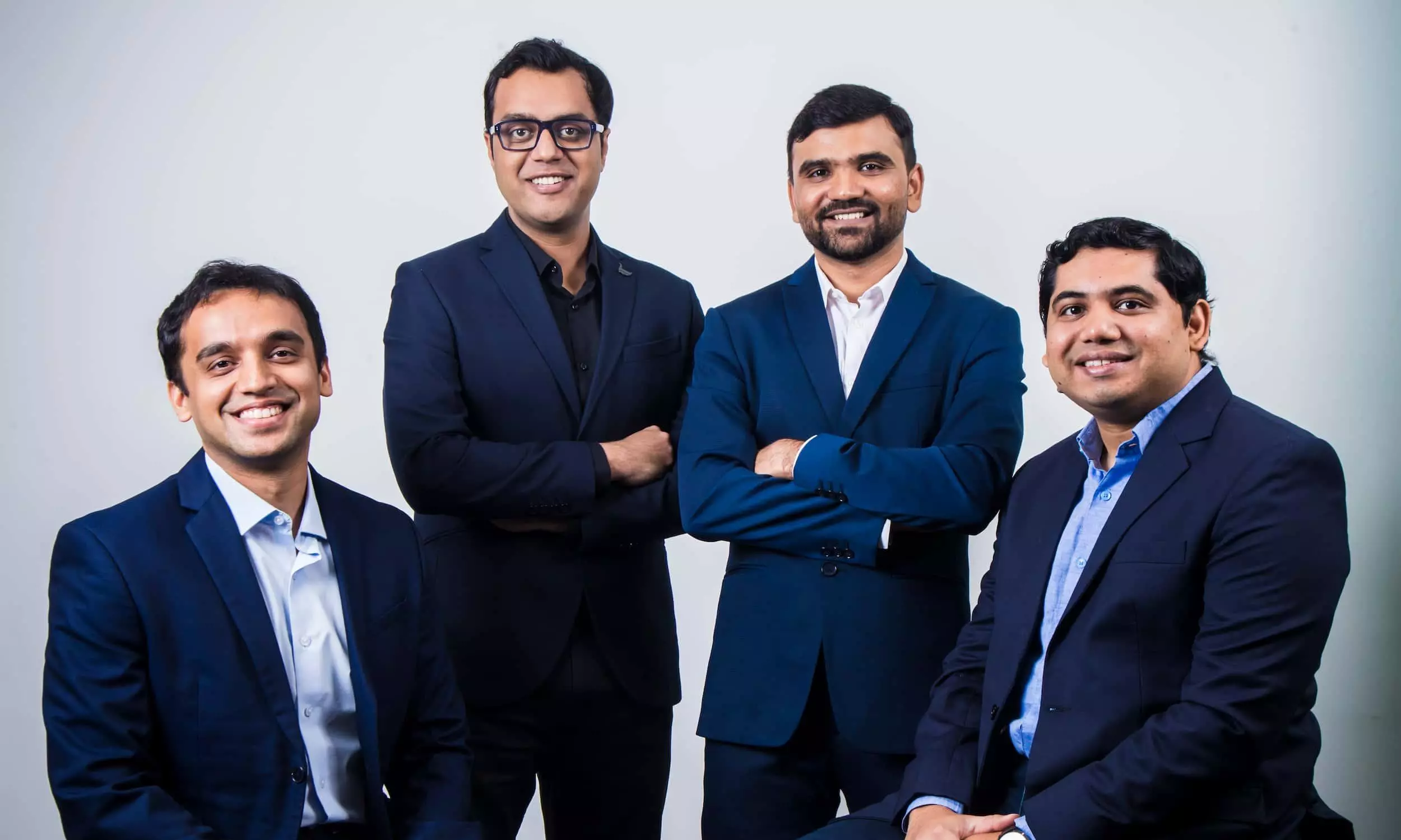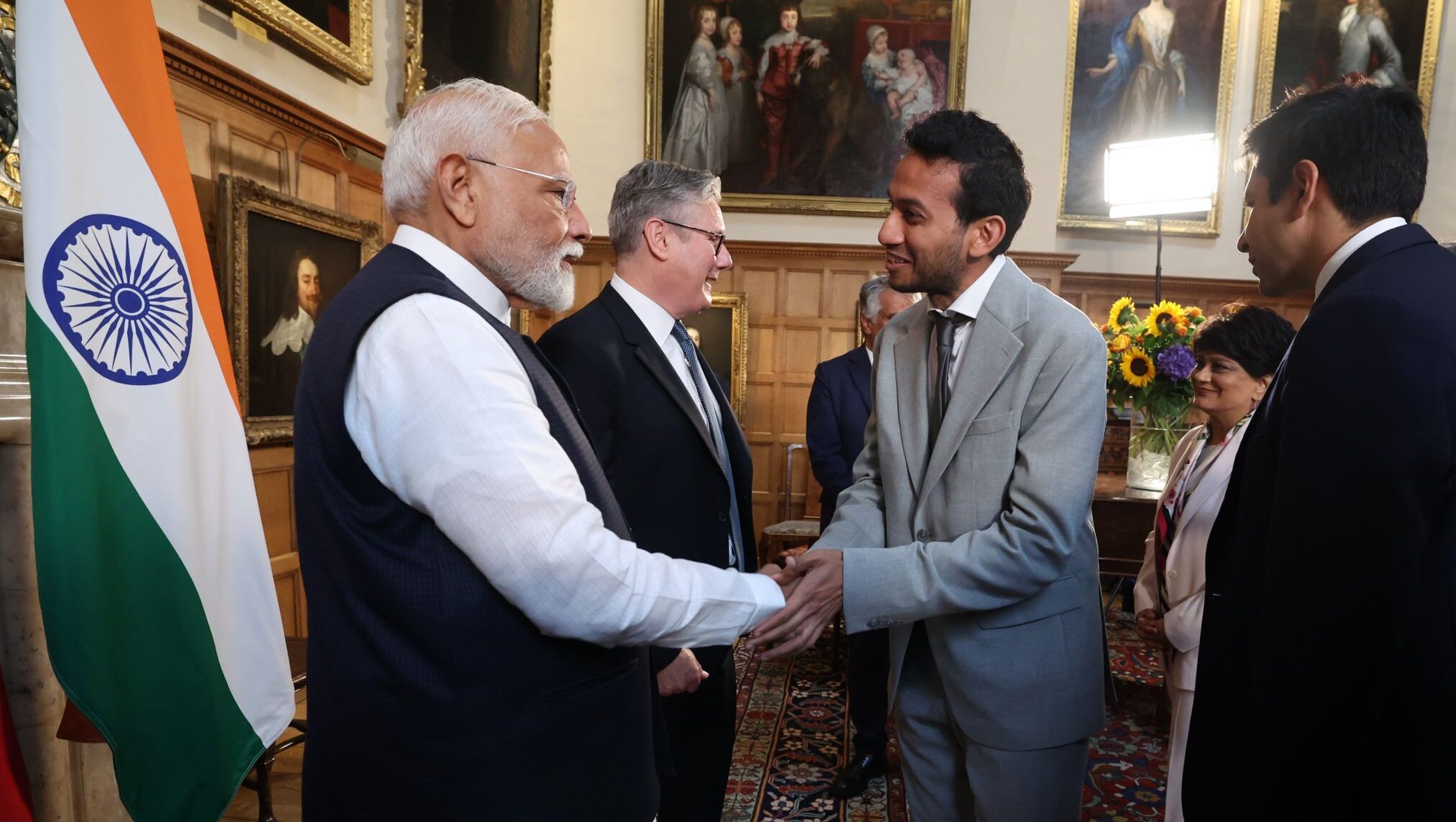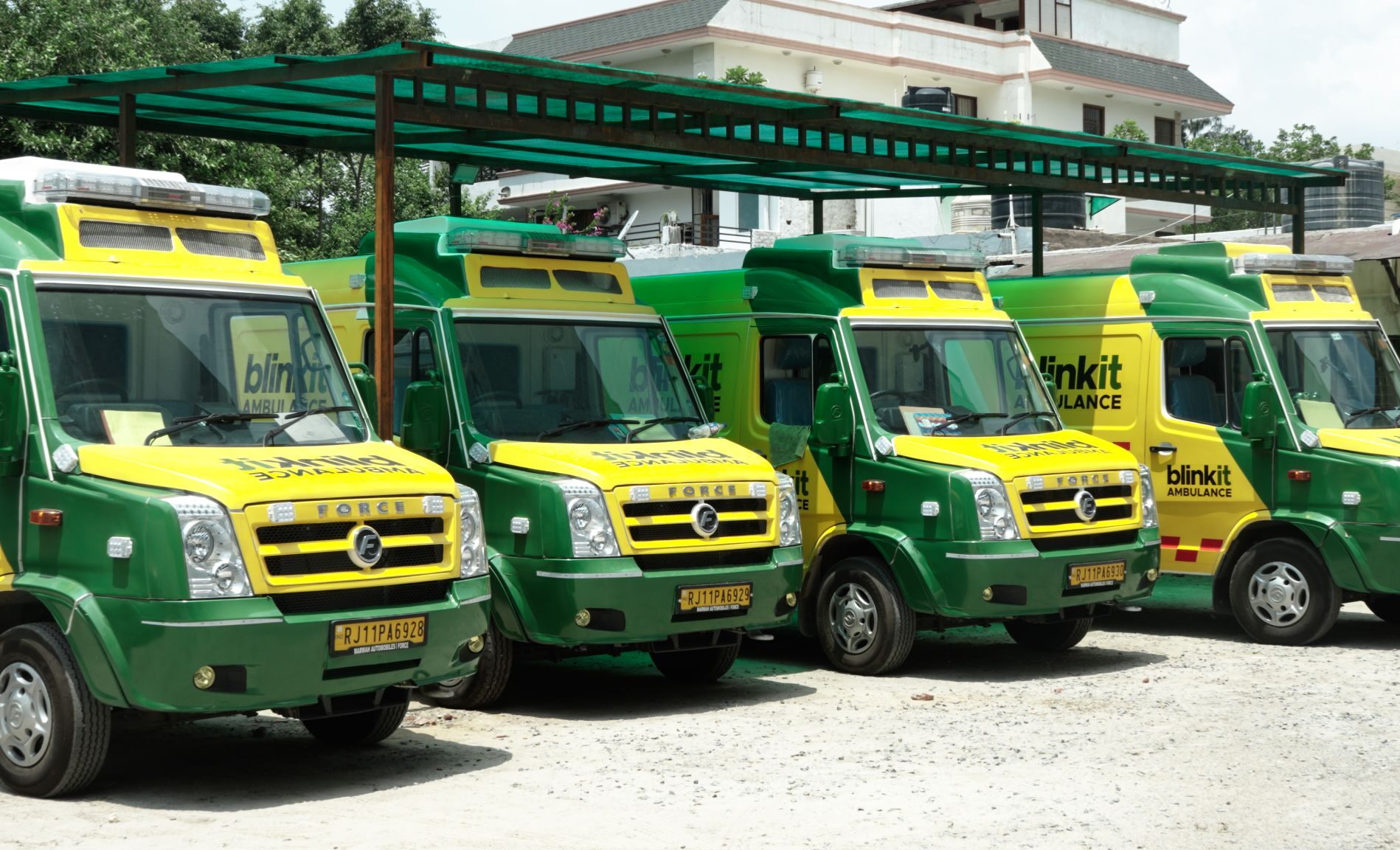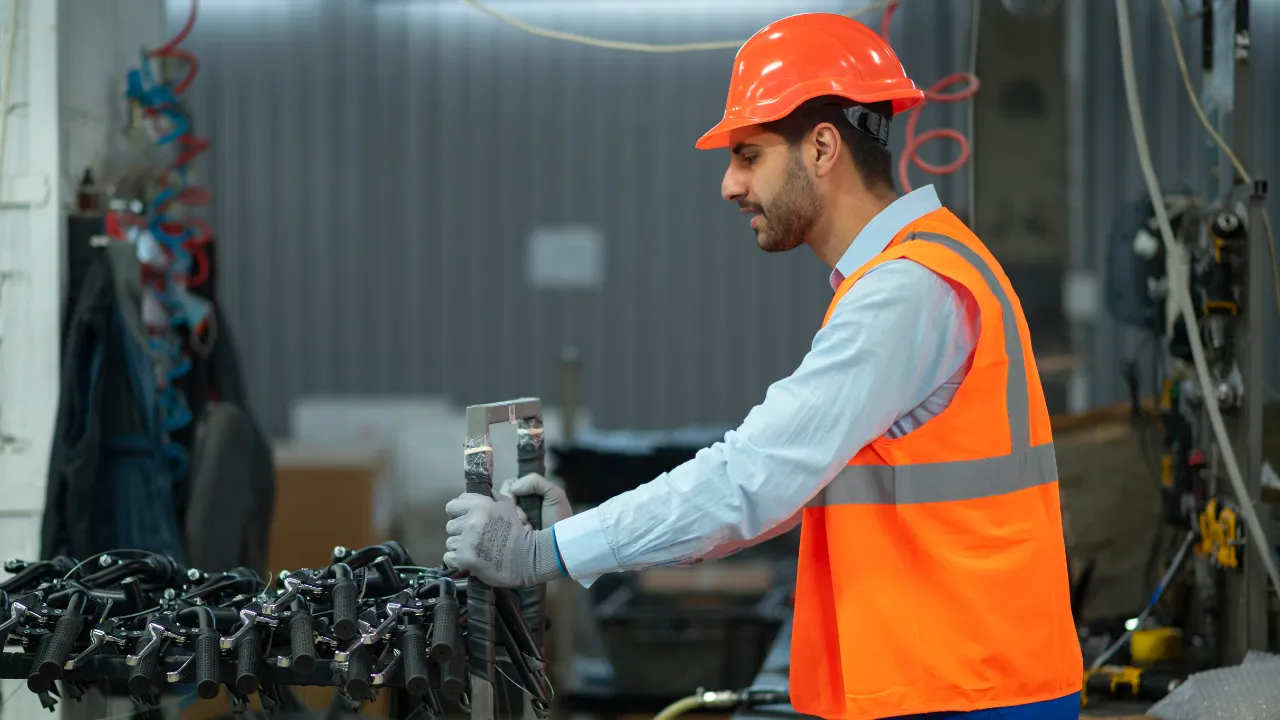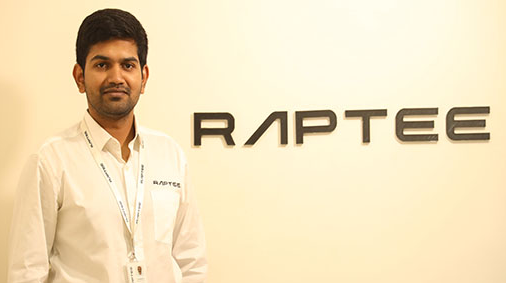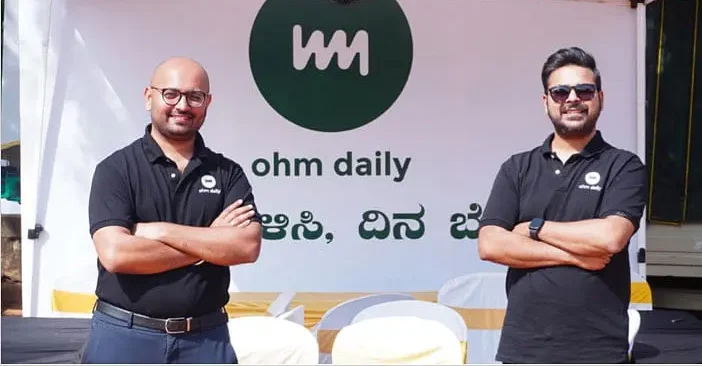Mumbai‑based biotech startup ImmunoACT, a spin‑off incubated at IIT Bombay, has hit profitability in its first complete year of commercial operations, an unusual achievement in India’s high‑science biotech sector.
How Did They Do It?
ImmunoACT launched NexCAR19, India’s first indigenously developed CAR‑T cell therapy, targeting relapsed or refractory B‑cell leukemias and lymphomas. The CDSCO granted market authorization in October 2023, making NexCAR19 the first made‑in‑India CAR‑T therapy ready for patients.
With an effective phase I/II trial across 60 patients demonstrating about 70% overall response rate, favorable safety with minimal neurotoxicity or severe cytokine release syndrome, the therapy proved clinical and commercial viability.
By December 2023, after regulatory approval, ImmunoACT began commercial infusions, treating dozens of patients per month across partner hospitals nationwide.
The Mind Behind the Mission: Dr. Rahul Purwar
ImmunoACT was founded by Dr. Rahul Purwar, a biomedical engineer and associate professor at IIT Bombay. With a PhD in biomedical sciences from the University of Würzburg, Germany, Dr. Purwar returned to India with a mission, to build world-class cell therapy solutions that were affordable and accessible. His lab at IIT Bombay laid the foundation for NexCAR19, India’s first indigenously developed CAR‑T therapy. Dr. Purwar’s rare blend of academic depth and entrepreneurial drive has turned ImmunoACT from a research lab spin-off into one of India’s most promising biotech ventures. He’s not just building a company, he’s reshaping the landscape of cancer care in India.
Affordable Cutting‑Edge Cancer Care
The standout factor is pricing. In India, NexCAR19 costs ₹30–40 lakh (~$36–48K) per patient, around one‑tenth of CAR‑T therapies elsewhere that typically cost ₹3–4 crore (~$370–530K).
This affordability stems from:
- Entire R&D done in India
- Proprietary lentiviral platform and cGMP manufacturing
- No licensing costs
- Lower overheads in clinical delivery
Growth, Scale, and Profit
By FY 2024 (April–December), the company recorded around ₹48 crore in revenue, and profits close to ₹11 crore from administering the therapy to over 250 patients, across more than 75 hospitals. That level of clinical throughput and relationships with dozens of partner hospitals were key to early profitability.
Why It Matters: Biotech, Innovation, Impact
In India, biotech startups, especially in deep science like gene therapy, face long fundraising cycles, heavy regulatory barriers, and delayed paths to cash flow. ImmunoACT defied the odds by turning profitable within a year of commercialization, signaling a shift. This model blends scientific breakthroughs, affordable access, and early revenue, which Big Biotech typically takes years to achieve.
What’s Next?
- Phase II/III trials are ongoing; final approvals and scale‑up expected in the next 12–18 months.
- The therapy’s reach is expanding: by mid‑2025 the company had scaled to 80+ partner hospitals and treated over 280 patients, with key trial results published in The Lancet Haematology.
Takeaways
- Profit in Year One – rare for research‑based biotech in India.
- Affordable CAR‑T therapy brings life-saving treatment within reach.
- Strong clinical data with favorable safety and response profiles.
- Growing partner network and proven execution across dozens of hospitals.
- Biotech ecosystem validation – ImmunoACT shows deep‑tech startups can succeed sustainably.
ImmunoACT’s journey underscores how purposeful innovation, rooted in national R&D, can not only transform patient care but also build a viable, profitable biotech business from day one.
Also Read: Ritesh Agarwal Lauds PM Modi’s Inspiring Impact on Indian Entrepreneurs









